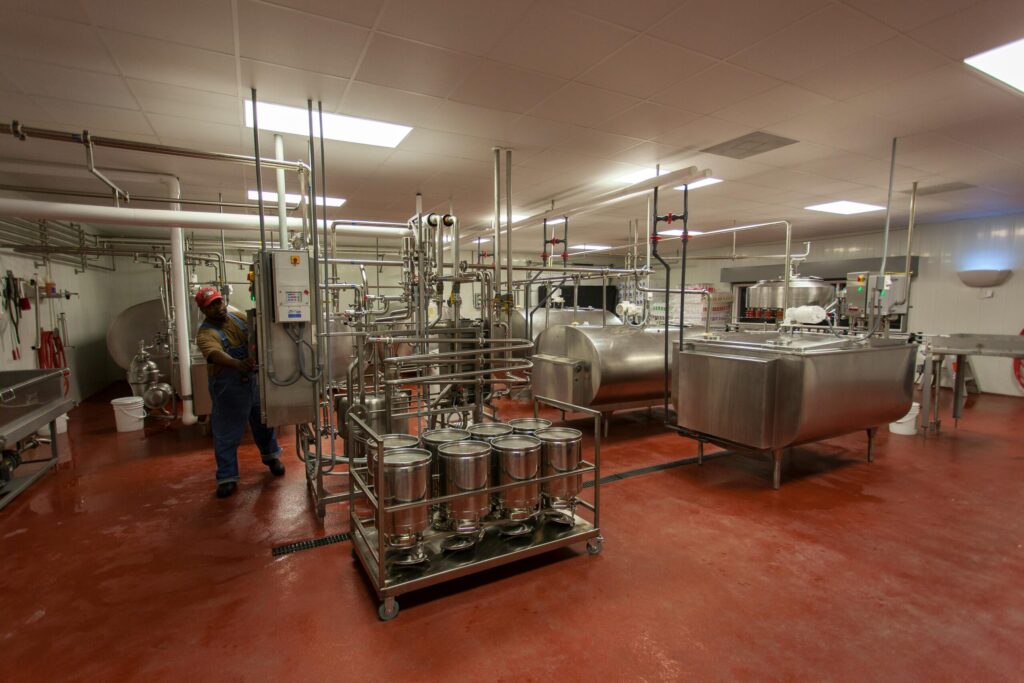Sectors
SECTOR COMMITTEES
To effectively and efficiently achieve its vital goal,
NAMACO has in place sixteen (16) sector committees.
Members of the sector committees come from
employer and employee organisations, government
departments, statutory bodies including local
authorities and professional organisations

Agriculture, Wildlife, Forestry and Fisheries
Understanding the potential impact of technological advancements on various trades and professions is critical. NAMACO conducts thorough assessments to predict and manage these impacts, ensuring that the workforce is equipped with the necessary skills to embrace and harness new technologies. This proactive approach helps mitigate disruptions and promotes a smooth transition to modernized work environments.

Arts and Culture
Encompassing the creative industries, this sector aims to nurture talent in visual arts, performing arts, literature, and cultural heritage. It seeks to promote Zimbabwe’s rich cultural diversity and contribute to the global arts scene through skilled artists and cultural practitioners.

Business and Professional Occupations
This sector addresses the training and development of professionals in areas such as finance, law, marketing, and management. It ensures that business leaders and professionals are equipped with the latest knowledge and skills to drive economic growth and innovation.

Chemicals Technology
Focusing on the chemical industry, this sector involves the development of expertise in chemical processing, production, and safety. It aims to advance Zimbabwe’s industrial capabilities in producing chemicals for various applications, from agriculture to manufacturing.

Civil and Construction Engineering
This sector is dedicated to the training of professionals in civil and construction engineering. It covers infrastructure development, including roads, bridges, buildings, and other critical structures, ensuring that Zimbabwe’s infrastructure is robust and sustainable.

Education
Focusing on the training of educators and the development of educational institutions, this sector seeks to improve the quality of education in Zimbabwe. It aims to produce highly qualified teachers and educational administrators who can contribute to the nation’s intellectual and professional development.

Electrical and Mechanical Engineering
This sector covers the development of skills in electrical and mechanical engineering, focusing on the design, production, and maintenance of machinery, electrical systems, and other related technologies. It supports Zimbabwe’s industrialization by producing skilled engineers.

Energy
The energy sector is crucial for the development of sustainable and efficient energy solutions. This sector focuses on training professionals in renewable energy, power generation, and energy management to ensure that Zimbabwe meets its growing energy demands.

Food Processing
This sector involves the training of individuals in food technology, safety, and processing techniques. It aims to enhance the quality and efficiency of food production in Zimbabwe, ensuring that the nation’s food industry is competitive and sustainable.

Health
Covering all aspects of healthcare, this sector is dedicated to training medical professionals, nurses, and health administrators. It aims to improve the quality of healthcare services in Zimbabwe, ensuring that the nation has a robust healthcare system.

Tourism and Hospitality
This sector focuses on developing skills in the tourism and hospitality industry, including hotel management, culinary arts, and tour operations. It seeks to enhance Zimbabwe’s appeal as a tourist destination and improve service standards across the industry.

Information and Communications Technology (ICT)
This sector focuses on developing skills in software development, network management, cybersecurity and other ICT-related areas, ensuring that Zimbabwe remains competitive in the digital economy.

Mining
Focusing on the extraction and processing of minerals, this sector aims to train professionals in mining engineering, geology and mineral processing. It supports Zimbabwe’s mining industry, which is a key driver of the nation’s economy.

Transport
This sector is dedicated to training professionals in transportation management, logistics, and vehicle maintenance. It ensures that Zimbabwe’s transport infrastructure and services are efficient, safe and capable of supporting the nation’s economic activities.

Printing, Packaging and Publishing
This sector involves training individuals in printing technology, graphic design, packaging and publishing. It ensures that Zimbabwe’s media and manufacturing industries have the skilled workforce necessary for producing high-quality printed and packaged goods.

Textiles, Clothing and Leather
Covering the production and design of textiles, clothing and leather goods, this sector aims to revitalize Zimbabwe’s textile and fashion industries by training individuals in modern manufacturing techniques and fashion design.